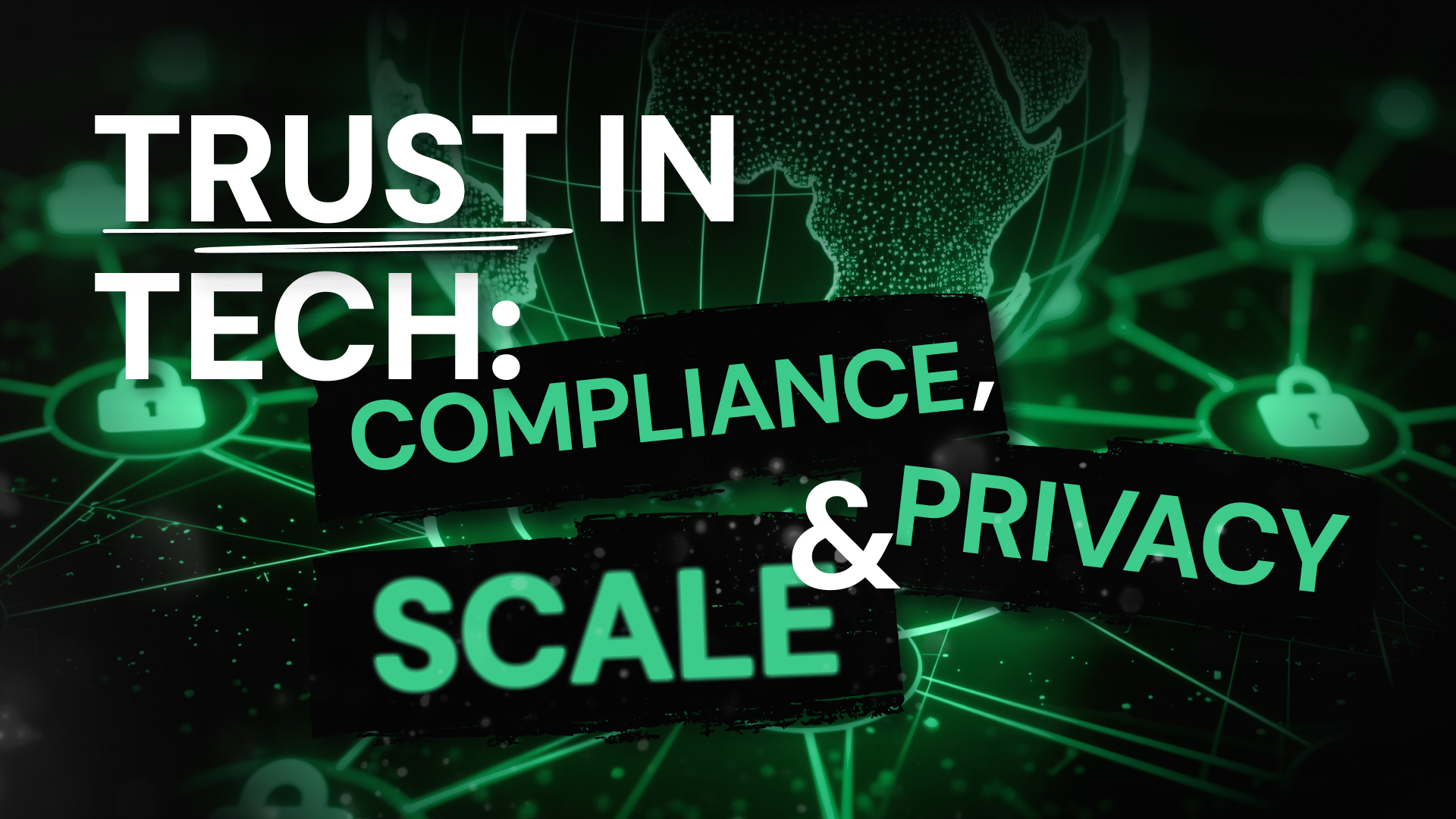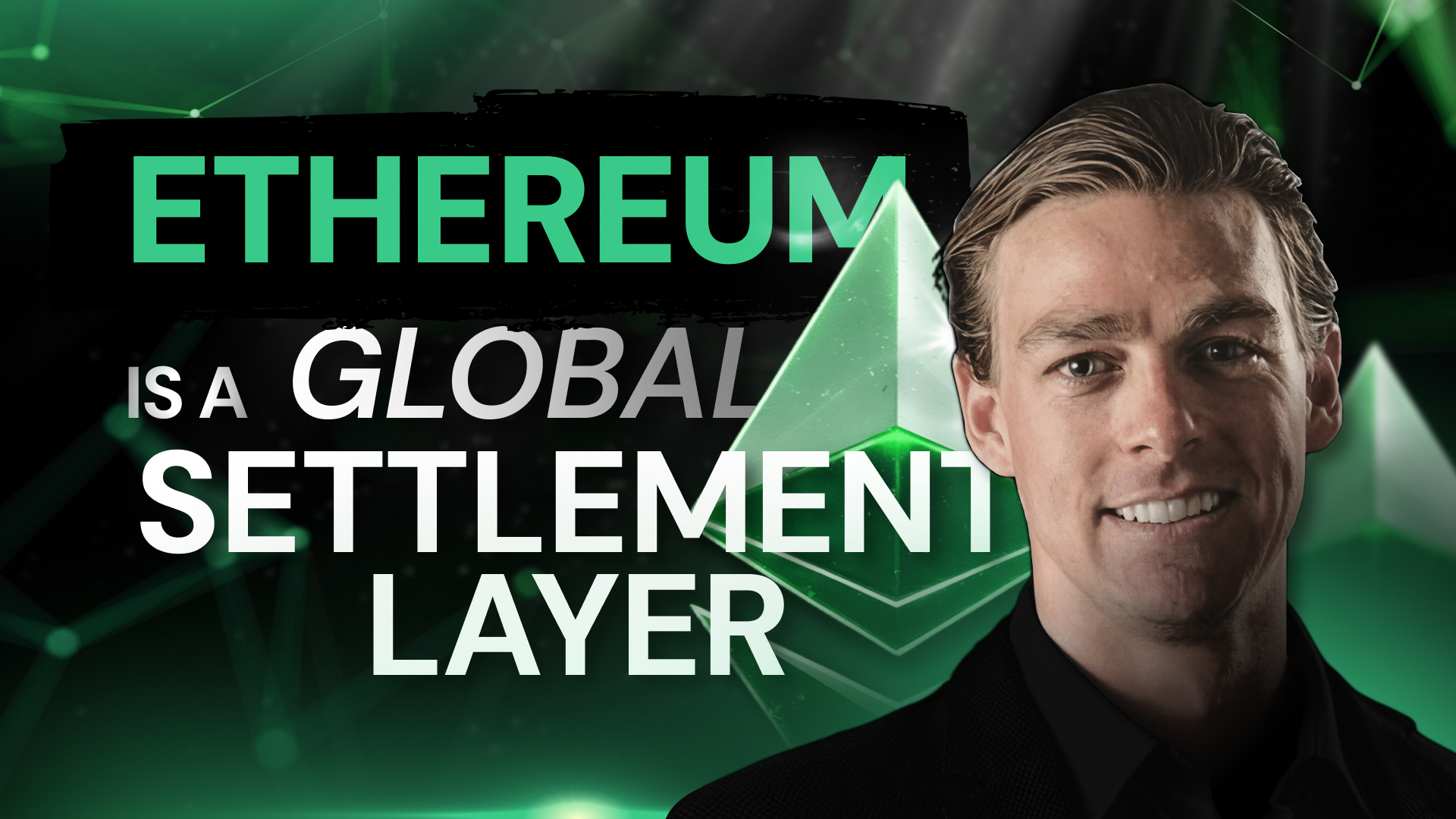Watch the full video of this panel discussion on Gamma Prime’s YouTube channel
Panel discussion with Alex Shevchenko (CEO at Aurora Labs), Abdul Rehman (Head of DeFi at Monad Foundation), Eric Vreeland (CSO at Polyhedra Network), Daniel Oon (Global Head of Business Development at katana), and Shubham Bhandari (Head of Ecosystem at Manta Ray Labs)
In this episode of panel discussion at Tokenized Capital Summit 2025 in Denver, industry leaders dive deep into the breakthroughs that could unlock mainstream institutional adoption of Real-World Asset (RWA) tokenization.
From compliance and privacy to scalability and interoperability, the panelists debate which factor will have the greatest impact on accelerating adoption. They explore the thin line between privacy and compliance, the role of zero-knowledge proofs, scalability as a path to accessibility, and even overlooked challenges like intercompany financing.
This conversation offers unfiltered insights into the future of tokenization, institutional participation, and the evolving balance between regulation, innovation, and global accessibility.
Sarah (Battle Labs)
Okay, kind of getting into the weeds here. If you had to choose one breakthrough – be it compliance, scalability, or interoperability – that would really accelerate mainstream institutional adoption, what would that be and why?
Alex (Aurora Labs)
From my point of view, it’s obviously compliance. In earlier talks on the panel, somebody mentioned that large VCs are not going to risk their entire business for a little bit of exposure to something that isn’t following compliance rules. Compliance is for sure a very strong factor here. I’d also like to give a shoutout to Ondo Finance, which is moving powerfully in this direction. I think this can be a big win for crypto, helping it get closer to compliance and helping institutions adapt.
Eric (Polyhedra Network)
I’ll add on to that and pick something that wasn’t necessarily on the list, but is related to compliance: privacy. Institutions don’t want everyone to see where their money is allocated, what assets they hold, or who they’re transferring assets to. They don’t want competitors or the public to see that. But they also want to remain compliant. The challenge is how to balance privacy and compliance in a way that satisfies institutional needs.
Sarah
Could you say a bit about where this is coming from – whether it’s more from the institutional side or the tech side? Engineers might think one thing is the big breakthrough, while institutions are asking for something else.
Eric
I used to work for a zero-knowledge company, and we had many conversations with institutions interested in using our tech in the RWA space for private transactions, whether on a private or public blockchain. There’s real demand to keep this information private while remaining compliant. This isn’t just coming from the institutions, but also from their customers – the people whose money they manage. Those customers don’t want their portfolios exposed to the world.
From a technology standpoint, we can build solutions that work this way, but we need to understand global regulations and ensure compliance across jurisdictions. The challenge is to build a solution flexible and customizable enough to be rolled out effectively, so institutions feel confident they won’t get into trouble.
Alex
Just a short comment. Compliance and privacy are separated by a very thin line, and it’s extremely hard to balance them. Tornado Cash is a good example—it was built as a privacy-preserving solution on Ethereum, but it became controversial and most Ethereum validators stopped accepting its transactions. Developers were even prosecuted. In Europe, some are being released, but not in the U.S. This shows how fragile the balance is. It’s one of the core issues of financial systems: maintaining privacy without compromising compliance.
Abdul (Monad Foundation)
In my opinion, scalability is the most important factor for the growth of tokenization and RWAs, because scalability equals accessibility. Permissionless and decentralized systems allow anyone, anywhere, to transact in a fully open environment. Compliance tends to catch up over time, and regulatory arbitrage is happening globally – big RWA issuers set up entities across jurisdictions to operate legally. But scalability matters most because performance and cheap networks make access possible for more people. That’s what we’re focused on at Monad, a Layer 1 blockchain that’s both high-performance and low-cost.
Shubham (Manta Ray Labs)
My answer is quite similar – definitely privacy and compliance. Let me explain with two examples. First, think about REITs – real estate investment trusts. They let people buy shares in office buildings, and earnings are distributed as dividends to holders. That’s digital ownership in Web2, and it can also be done in Web3 through tokens.
Second, privacy. Before ZK proofs, Tornado Cash showed both the potential and risks of privacy tech. With ZK, however, we can prove compliance without exposing everything. For example, you can use ZK identity to show you’re from a region where something is legal, or prove ownership of documents or property, without revealing sensitive details. Compliance will accept privacy when it’s framed this way, often in hybrid models using both public and private blockchains.
Daniel (katana)
I agree with the points on ZK, privacy, and compliance, but I’d like to bring up another area that’s less discussed in capital markets: intercompany financing. Think about large corporations like IBM. IBM Europe might owe IBM Asia $100 million at any given time, but CFOs can’t always settle or reconcile these balances. I worked on a project in Japan where entities had hundreds of millions in unsettled bills because the group CFO couldn’t enforce consistency.
This is a huge inefficiency, and blockchain could help. Tackling intercompany financing problems might be more achievable than broader market restructuring because it’s a technical issue rather than a business negotiation.



